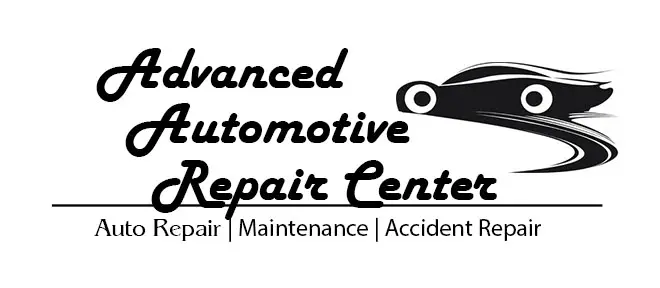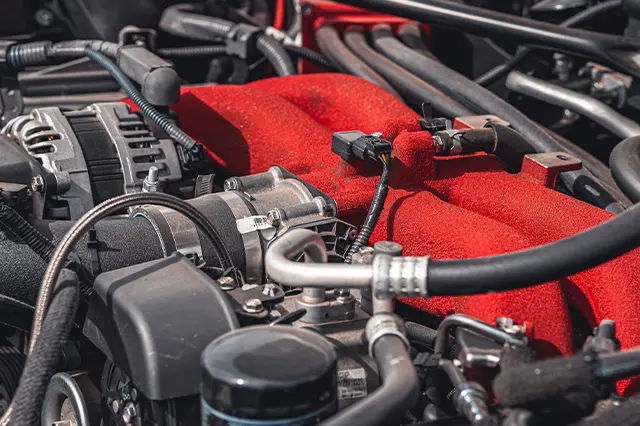
What are the signs of a damaged engine?
When you drive your car, do you ever notice how the engine seems to sputter and die when you hit a bump? Chances are, you’ve experienced this before—and it’s not just an issue with older cars. In fact, engine damage is one of the most common problems on newer vehicles as well. What causes engine damage? There are a number of factors at play, but the main culprits are wear and tear and corrosion. If you’re not taking care of your car, it will start to hurt both mechanically and financially. So how can you avoid engine damage in the first place? Read on to learn about the signs of a damaged engine and how to take them down before they get too big.
How can you tell if your engine is damaged?
If you detect any of the following signs that your engine may be damaged, it is important to take action:
1. Poor Fuel Economy: If you’re noticing a significant drop in fuel economy with your vehicle, it’s important to check your engine for damage. Damage can cause decreased performance and diminished fuel efficiency.
2. Hesitation or Loss of Power: If you experience problems with acceleration or power when driving, it could be indicative of a damaged engine. Issues with engine power can also indicate other issues such as transmission failure, low oil levels, or warped internals within the engine itself.
3. Coughing or Puffing at Idle: If your vehicle starts coughing and puffing at idle, this could be an indication of a damaged engine due to manifolds that have become too hot. This problem can also occur if there’s excessive oil burning inside the cylinder head or if the valves are sticking due to lack of lubrication.
4. The Vehicle Won’t Start: A failing engine will generally not start even after trying multiple times, which could be an indication that something is seriously wrong with the motor. If you’re having trouble getting your car started in cold weather conditions, this could also suggest a broken Engine Coolant Temperature Sensor (ECT) which is one of the most common causes for car won’t start in cold weather conditions.
5. Noise from the Engine: If you’re hearing a lot of noise from your engine, this could be an indication of major damage. This could include excessive noise from the cylinders, warped or broken pistons, or even cracked cylinder heads.
If you notice any of these signs, it’s important to have your engine evaluated by a mechanic as soon as possible. If the issue is not resolved, it could lead to severe engine damage that may require costly repairs or even replacement.
What to do if you find damage to your engine
If you find damage to your engine, there are a few things you can do to diagnose the problem and fix it. First, take a look at the engine hood to see if there’s any smoke or steam coming out of the exhaust. If so, your engine may be on fire. Next, check for unusual noises or vibrations from the engine. If you notice any of these signs, get into your car and drive to a nearby mechanic as soon as possible. Otherwise, your engine may be damaged beyond repair and you will need to replace it.
Conclusion
If you’re having trouble starting your engine, or if the engine seems to be running rough, don’t hesitate to bring your car in for a diagnostic check. A damaged engine can mean expensive repairs or even the need for a replacement. By keeping an eye out for warning signs and getting your car checked out when there’s something amiss, you’ll be able to avoid any costly surprises down the road.
